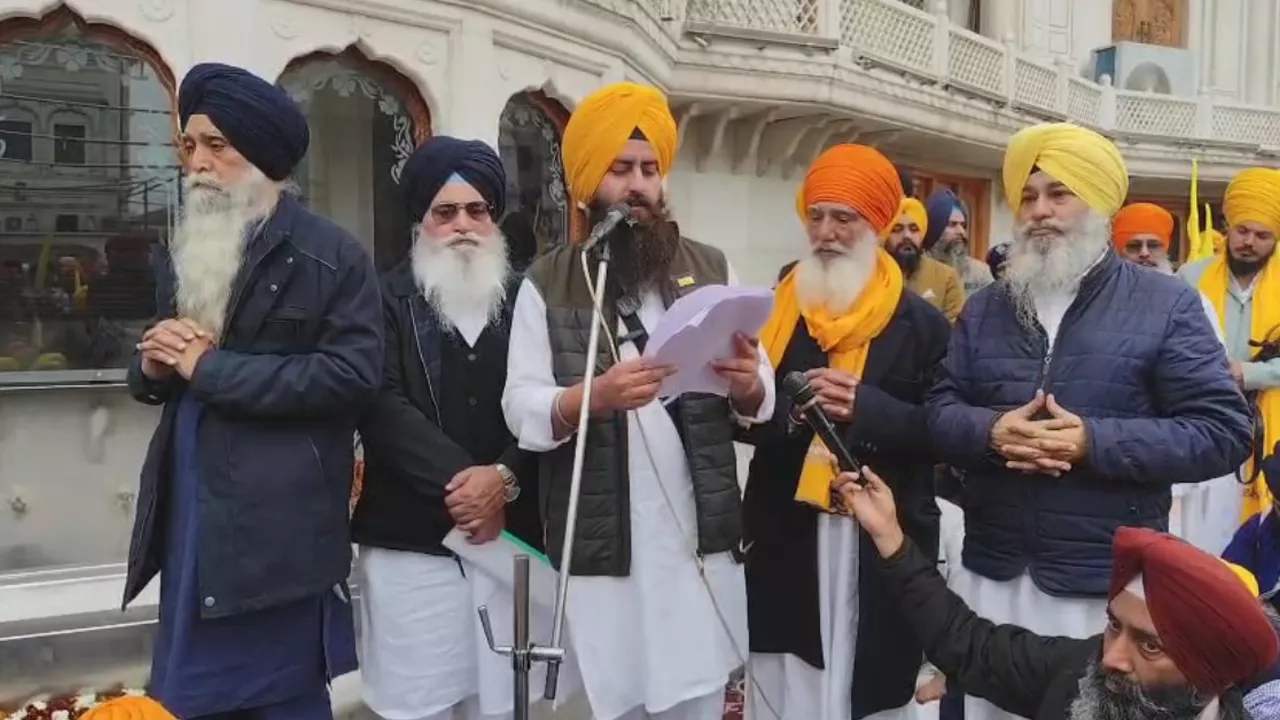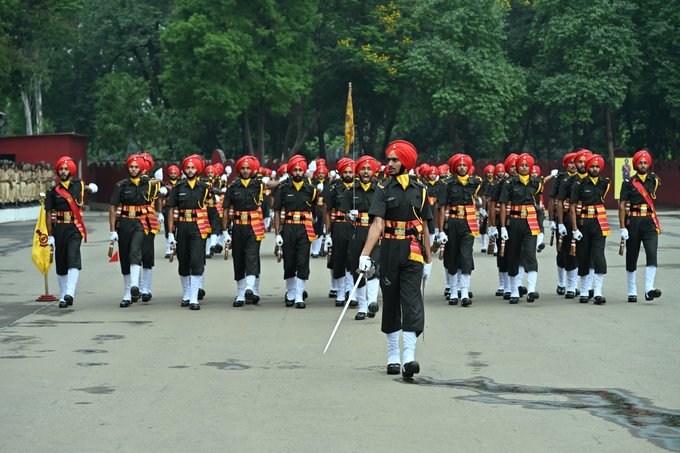On 1 Sep, a day before the three-day Panjab Assembly session commenced, farmers from Bhartiya Kisan Union (BKU Ekta Ugrahan) and farm labor from Punjab Khet Mazdoor Union started camping at Dussehra ground, Chandigarh. This is the first time in sixteen years that farmers unions were allowed into Chandigarh. The protest was driven by multiple grievances, including the delayed implementation of an agriculture policy, the ongoing drug menace, distribution of land to landless laborers and farmers, and promotion of chemical-free crop production. On 5 Sep, CM Mann met the protesting union leaders and assured them to share the 1,600-page draft of the new agricultural policy by 30 Sep. BKU Ekta Ugrahan agreed to the proposal and withdrew the protest. Farmers have agreed to wait until the end of September before determining their next steps. However, Panjab’s track record with such policies places the state’s new agricultural policy on shaky ground. The draft, prepared by an 11-member panel of agriculture experts led by Sukhpal Singh, chairman of the Panjab Farmers’ Commission, does not extensively address the power subsidy to the agriculture sector, which costs the state nearly $1.2B annually to power 1.45M tube wells. The draft recommends $12K ex gratia compensation for those have lost their lives to suicide and advocates creating a financial corpus to bridge the gap between the Minimum Support Price (MSP) and market prices. It promotes crop diversification to reduce paddy cultivation, unlike past unimplemented policies from 2013 and 2018. In contrast to farmers, a First Information Report was filed against pensioners protesting in Chandigarh on 4 Sep.


Like what you're reading? Subscribe to our top stories.
Liv Forum provides a digest of analysis on major issues facing Indian (East) Panjab and Sikhs globally.
In accordance with our Privacy Policy, we will never share or sell the information of our subscribers.






